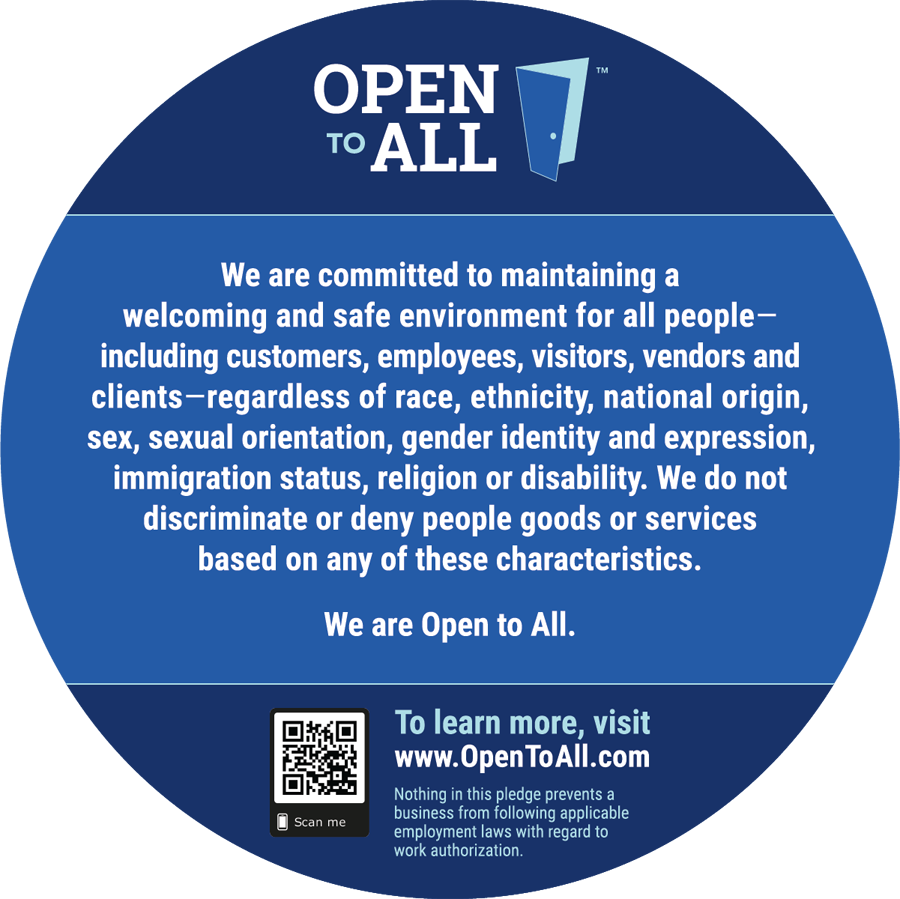Friend, I tell you this because I think you need to hear it:
You have to make yourself. We all do.
Everyone has to grind it out in places that don’t get what we do or why it matters. Even the greats…especially the greats! But the ones who ultimately succeed don’t wait around for someone else’s approval to do what they know is right. They give themselves permission to try.
I did. It was six weeks into a project and we were at a stalemate. Every idea my colleague and I brought to our creative director, she shot down. It wasn’t what she had in mind. She was making subjective decisions about the entire product strategy, and so were we. It was a war of opinions. And I knew it was all wrong.
I thought I was hot shit with my Master’s degree and fancy title, but I wasn’t actually doing anything the way I’d been taught. I wasn’t adhering to the process instilled in me by my professors, and I wasn’t following my heart. I was doing whatever my boss told me to do, and it was getting us nowhere.
One morning before work, I decided I had to take a stand. I went into the creative director’s office and made my case. She was as frustrated as I was, so she conceded to let me pitch the idea to her boss — as long as she didn’t have to be involved.
Most people would have stopped right there. The pressure would have been too much. Not for me. I let the pressure push me forward. I saw the open door and walked through it. I gave myself permission to try, and gave myself permission to fail.
When you give yourself permission, you gain confidence in your decisions.
I had no idea if I was doing the right thing. But the more I trusted myself, the more my conviction grew.
When you give yourself permission, you adapt to whatever comes.
I had never pitched an idea to a superior before. But the more I prepared myself, the more prepared I felt.
When you give yourself permission, you open yourself up to change.
I had never actually done what I was about to propose. But the more I planned it, the more possible it became.
When you give yourself permission, you take responsibility for yourself.
I had no protection when I asked for that meeting. But the more I stood out, the more I distinguished myself.
When you give yourself permission, the support you need will find you.
I had never stood up for myself at work. But the more I did, the more others did too.
I convinced the whole team what we needed to do. And after all that time beating our heads against a wall, we finally broke through.
The very next week, we planned card sorts and user interviews to get inside our customers’ heads. We held participatory design sessions in three cities to evaluate and evolve our ideas. We caught the attention of our clients who’d never seen these practices before.
In less than six months, I was sitting next to the CEO on the sofa in his corner office. As I watched myself walking him through our functional prototype, his hands on the keyboard and mouse, I knew my courage had paid off. “I’ve never seen anything like this,” he said.
Four years later, the patent was issued and my name was on it.
I got tired of waiting for permission. And I hope you do too.



Hey, Whitney. Just thought I’d chime in with a couple comments. Here at Welch Allyn, our Tech Comm team is reading Stephen M. R. Covey’s The Speed of Trust: The One Thing that Changes Everything. Your comments about trusting yourself…giving yourself permission to do something different and even to fail…resonate strongly with the themes of this book. In taking risks like this, we develop new competencies that enable others to trust us more…to create quality designs and products…perhaps to deliver things no one has seen before. But this absolutely starts with trusting ourselves. I appreciate what you have to say about this.